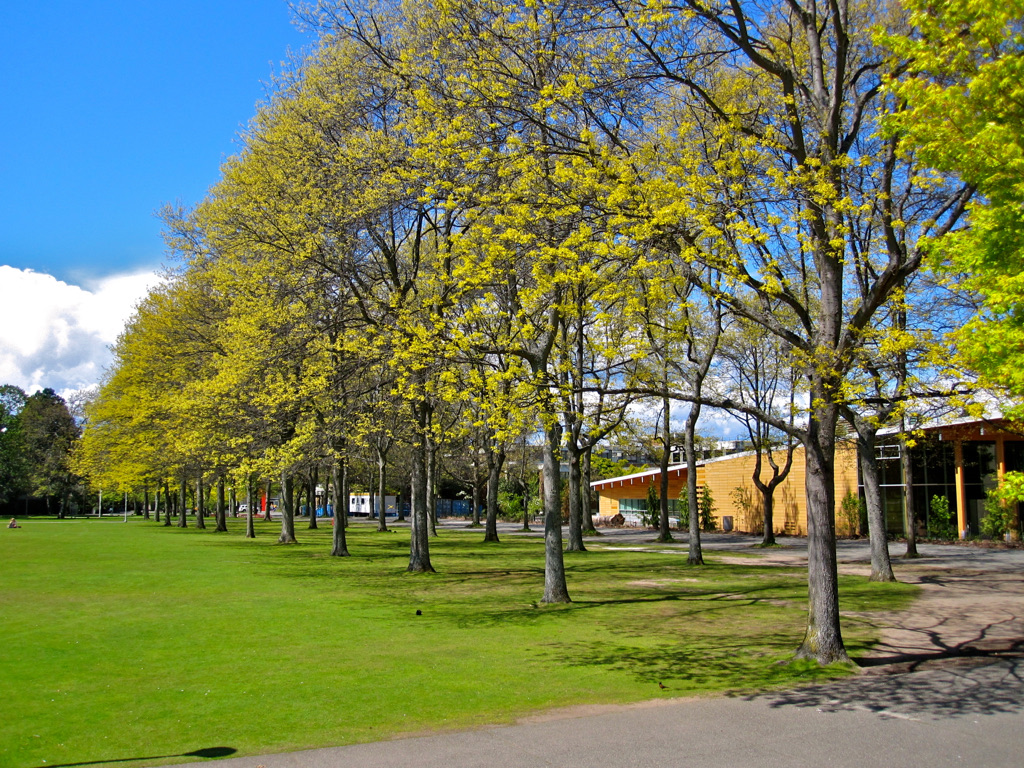[Prompt]: Share a story about your best learning experience (could be a formal course or something more personal). Why did you enjoy it?
Mathematics is a discipline fancied by a few people because of how complex and tricky it is. Generally, for many people, mathematics lessons usually have nothing to smile about. However, this does not mean that the subject is not enjoyable. If the ideas sink well, just like for other lessons, mathematics lessons can be enjoyable. I came from China to Canada to study mathematics. While I have had struggles in some of the lessons, I also have a history of pleasant experiences in studying the subject.
A clinical example is my first mathematics lesson at the University. We were newbies in our first year. After the introduction, our professor decided to take us through a few formulas, which he said were going to be applicable throughout the course from that moment to our last examination. However, according to him, since we had learned and applied many of the formulas in high school, he said he was never going to tell us. Instead, we were going to say to him. Therefore, using flashcards, he started displaying the formulas and asking us their names. We covered the Pythagoras theorem, Trigonometry Formula, and Permutations and Combinations.
I found this lesson enjoyable because it was not complicated and only involved the memory. The whole process involved remembering things we had already learned and covered. The lesson also gave me a hint that the first step to succeeding in mathematics was to ensure a good mastery of these formulas. I give credit to this first lesson because, henceforth, I invested a lot of time and effort in the formulas, which coincided with the improvement in my performances in the discipline.
From a theoretical perspective, in this lesson, our tutor was a behaviorist. The behaviorism approach to learning is accomplished when an appropriate response towards a presented environmental stimulus. In our case, this theory was expressive when the tutor showed us the mathematics formulas on the flashcards as we gave him their names. In this theory, the formulas are the stimulus and the correct names to them the response. The vital components here are the stimulus, the response, and the association between the two. The primary concern under this school of thought is how this link between the stimulus and response can be established, strengthened, and maintained. While I have many other best experiences in the mathematics subject, this is one of the most historic.
I agree with cc‘s post that cognitivism is one of the mostpractical means of learning. The approach helps learners build transferable problem-solving and study skills that they can apply in any subject. Just like you have mentioned, learning requires building upon previous ideas andknowledge since most materials are related. Through the cognitive approach, you are able to use your brain effectively. Such learning is normally constructive,active, and long-lasting. I also took a look at the experiences of Xiaoqing Zhang and it’s amazing how she presents the three approaches but yet prefers using the cognitivism approach.

Leave a Reply